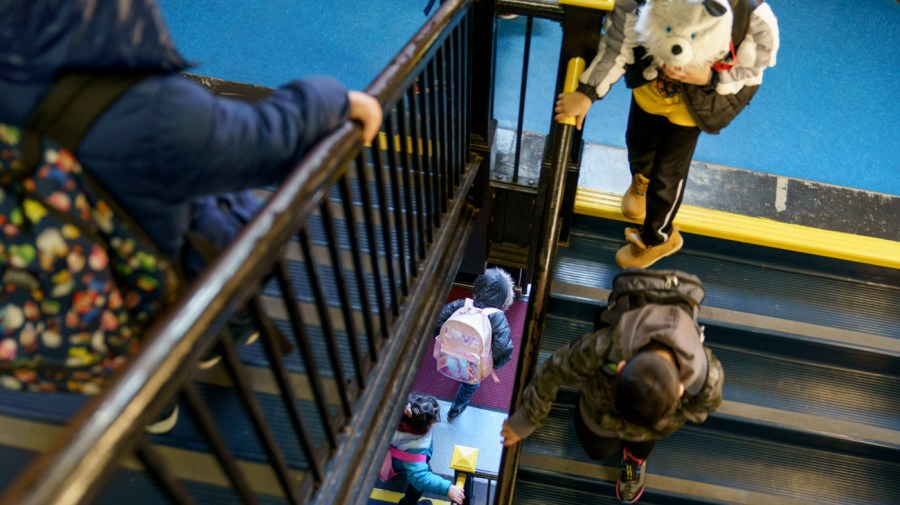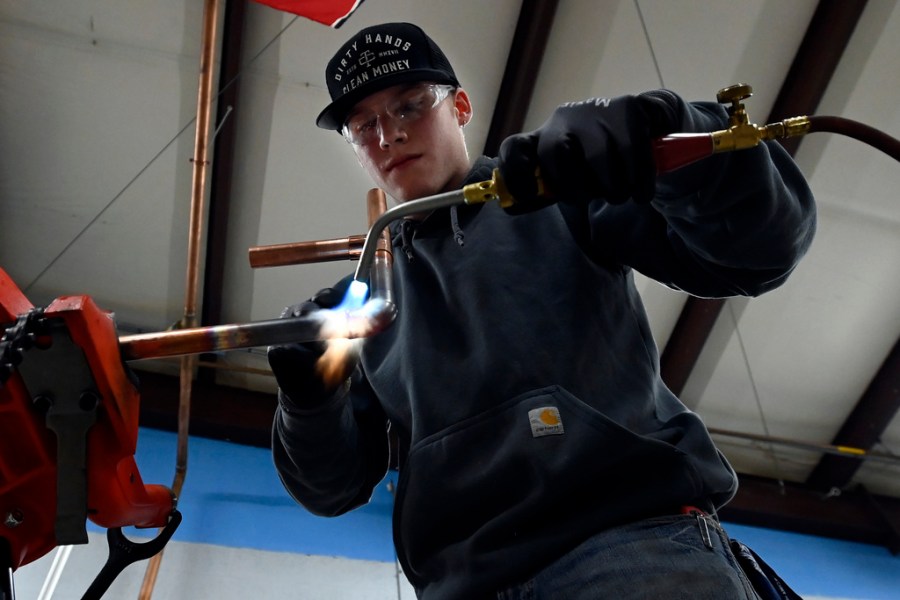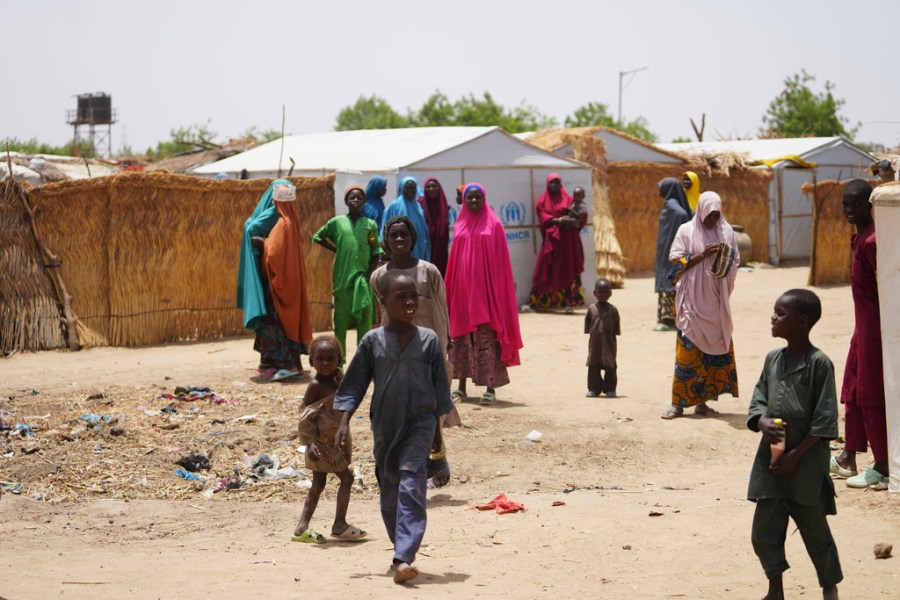Road Island Road Map to improve American science degrees

We have a problem in the United States, and it is time for long time to treat it. The grades on the last nation report card, which was released earlier this month, revealed that policy makers, education leaders and others who make up our public school system do not focus on science.
The eighth grade students in the country witnessed significant decreases in science about what is officially known as the national evaluation of educational progress. The version also highlighted mathematics and reading in secondary schools, and the materials that have received a lot of attention to the decline in grades in the previous grades.
But we need to consider these degrees of science as a awakening call as well.
STEM fields grow faster than other workforce slices, and students need a strong basis in science to be successful in good -feasibility jobs from their choice after leaving the school. What’s more, many of our major problems require environmental issues to health challenges, based on science.
About a third of students across the country recorded in the national evaluation of educational progress level of efficiency in science evaluation. This is not enough.
It is also similar to the results of the state test in Rod Island. He also met about a third of our students or exceeded expectations in our country’s evaluation in science, which students take three times – at primary, middle and secondary school.
In multiple measures, about two -thirds of the mark students miss. But we have an opportunity to change that.
In Rod Island, we include the results of the evaluation of state science in our academic accountability standards, which means that they are calculated in the general classification of the school. It is not required under the law of each student in the federation, but we appreciate the science and believe that more states should think about doing so.
Of course, school accountability is responsible for the educational attainment of our students also requires supplying them with support. In line with our commitment to implementing high -quality curricula at the state level, the Ministry of Education in Rod Island helps schools and teachers to reach high -quality educational resources in science, as it is difficult to find in general and can be more expensive than mathematics and reading materials.
We also offer professional development of science for teachers. We start with middle and high school teachers, and then we will bring this training to our primary teachers.
Students surveyed on the country’s report card say they spend less time in learning experiences based on scientific survey, such as designing experiments to answer the research question. As part of the newly -based graduation requirements in Rod Island, we have also strengthened science -related graduation requirements to help students prepare better STEM paths in college and professions.
For example, we now determine that students must have many laboratory classes during high school years, which was a previously silent Road Island. It is a problem. Research shows that this approach improves achievement in science, so let’s embrace it.
The national evaluation of educational progress data data also shows that students enjoy less science than in the past and less likely to find out how they will help them what they learn outside the school. Through our new graduation requirements, Rudd Island re -imagined high school experience to be more attractive and rewarding, whether students choose the college or the profession.
One way to address this and make science to life for students is through vocational and technical education. I am not talking about vocational and technical education in the past. Our mandate has made a great bet on high -quality and innovative vocational and technical education that feeds graduation and high academic achievement prices for students.
Rod Island schools offer more than 318 vocational and technical educational programs for middle and high school students; This represents a 60 % increase since 2019. Students are looking for these courses in the real world, which the vast majority relate to high -demand and emerging STEM fields.
Rod Island schools also integrate more STEM learning on the school day. For example, my team and I work to help English language teachers weave stories based on science in curricula and link mathematics teachers with authentic scientific data that students can use in graphic and statistics lessons.
We are also looking outside the traditional school day to support science, while emphasizing it in our summer and post -school school programs. We have built partnerships with the business community, higher education institutions and non -profit organizations on these efforts.
Those who are interested in education – from teachers and families to workforce leaders and policy makers – must mobilize to improve science education for our students.
By working together, adopting new methods, and committing to progress in this decisive topic, we can put our children on a path towards a successful future. This is what they deserve, and this is what our country needs.
Angélica Infante-Green is the Rod Island Commissioner for Primary and Secondary Education. She is also working onNational Evaluation BoardWhich determines the policy on the country’s report card.




Post Comment